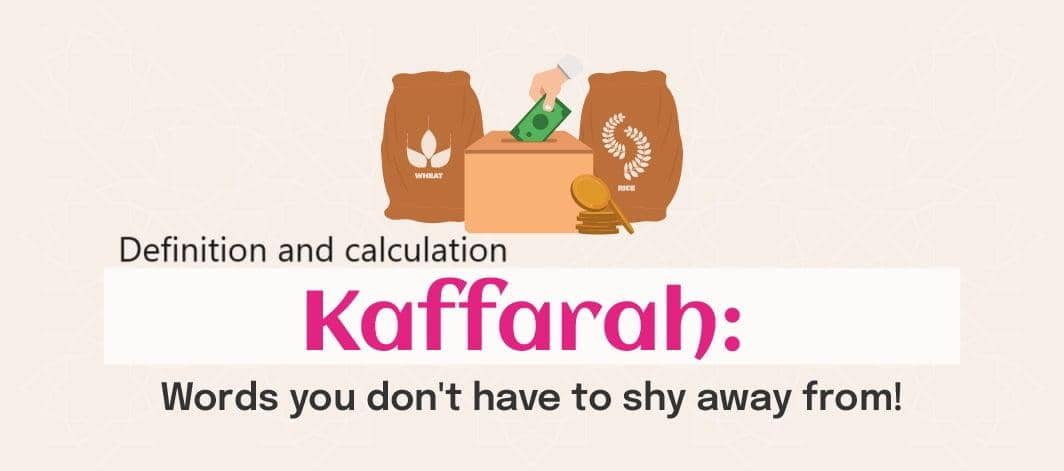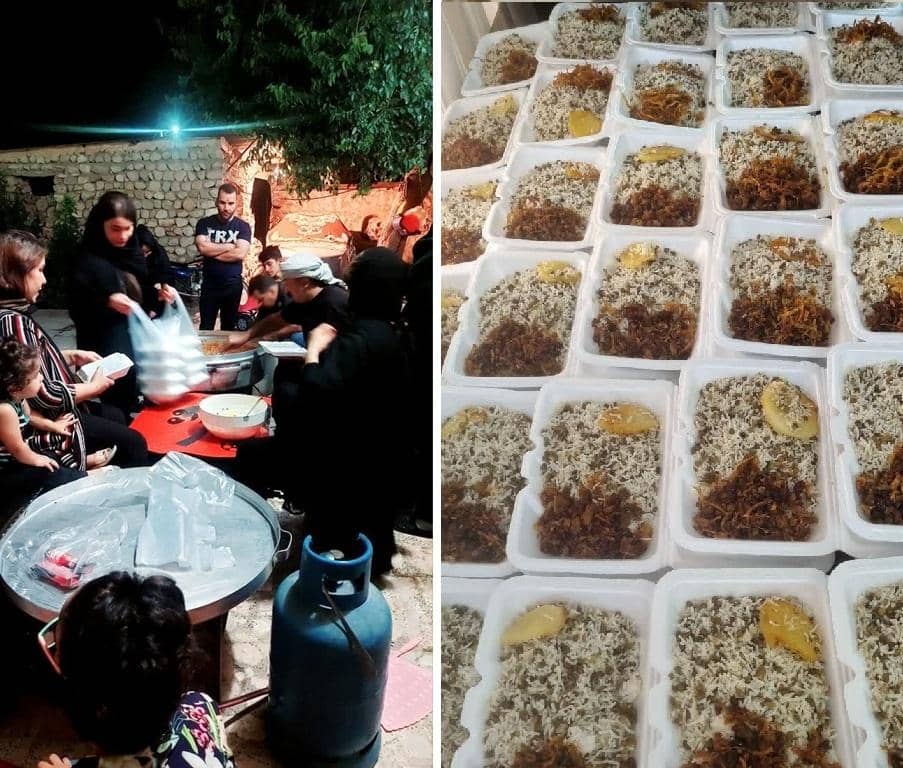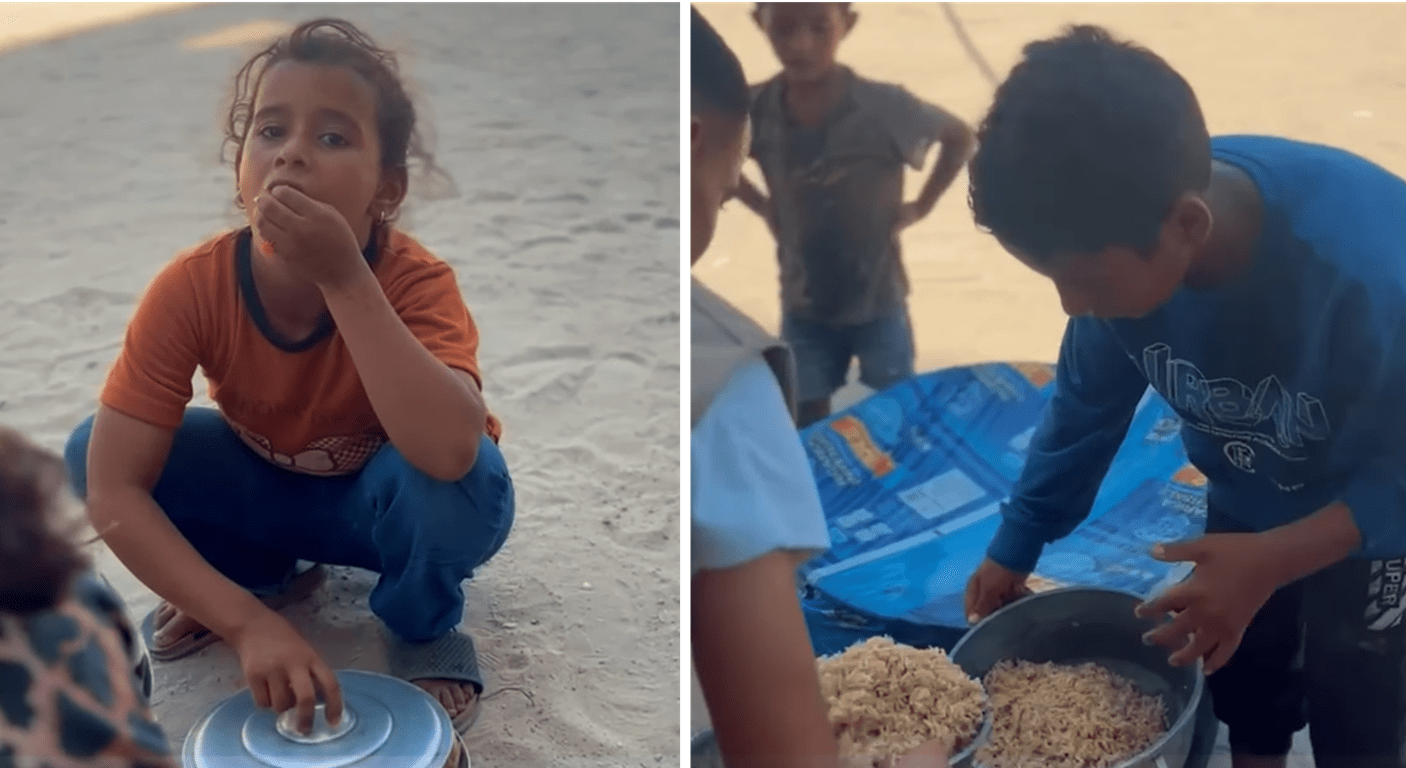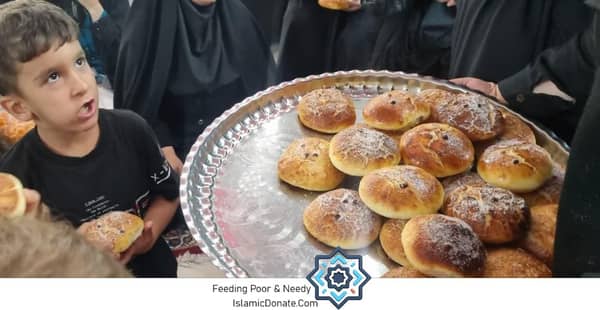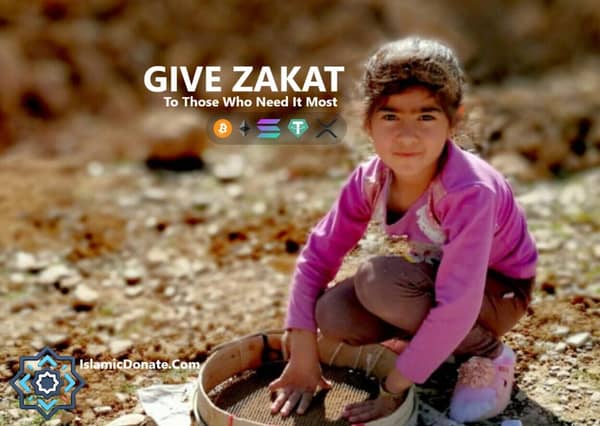Turn your mistakes into mercy for the Ummah. Your Kaffarah provides hot, traditional meals to families in Gaza and Yemen, fulfilling your sacred duty with total transparency.
Use secure crypto to purify your soul and feed the hungry today. Every satoshi sent becomes a lifeline for those in crisis.
How to Pay Kaffarah Online with Cryptocurrency: A Simple Guide to Spiritual Purification
Every believer strives to live according to the commands of Allah. Sometimes human weakness leads to actions that require a specific form of expiation known as Kaffarah. Fulfilling this obligation serves as a vital act of spiritual cleansing that renews your bond with Allah and restores peace to your heart.
The Meaning and Purpose of Kaffarah
Kaffarah represents a sacred method of atonement for specific acts such as breaking a solemn oath or intentionally violating a fast. This practice functions as a path to purification rather than a punishment. Through Kaffarah, a Muslim acknowledges an error, offers sincere repentance, and completes a prescribed action that benefits the community while seeking divine mercy.
The Quran highlights this path of redemption regarding the breaking of oaths:
“Allah will not impose blame upon you for what is meaningless in your oaths, but He will impose blame upon you for what you have intended in your oaths. So its expiation is the feeding of ten needy people from the average of that which you feed your own families or clothing them or the freeing of a slave.” (Surah Al-Ma’idah 5:89)
Kaffarah Payment Schedule: Simplified Table
The following table outlines the specific requirements for 7 types of expiation, including breaking an oath or a fast, processed with full Sharia compliance. This table has been summarized and simplified. If you want to read more about atonement and its types, click here. We accept Bitcoin, Ethereum, Litecoin, Ripple, Tether, and other major digital assets to ensure your atonement provides immediate relief.
| Type of Kaffarah | Required Atonement |
|---|
| Breaking an Oath | Feed 10 poor people |
| Unintentional Homicide | Feed 60 poor people |
| Missing Hajj (Unavoidable) | Sacrifice a designated animal (sheep or cow) |
| Intentional Breaking of Fast | Feed 60 poor people |
| Killing an Animal (Without Reason) | Feed 60 poor people |
| Sexual Relations During Ramadan Fasting | Feed 60 poor people |
| Consuming Usury (Riba) | Donate an amount equal to the transaction to Sadaqah |
| Missing Obligatory Prayers | Repent and make up missed prayers |
While errors in judgment are a part of human nature, you have now chosen the path of returning to Allah through sincere repentance. Your specific transgression is expungable through the act of Kaffarah, which transforms your atonement into essential nourishment for widows, orphans, and displaced families. By fulfilling this obligation, you provide a lifeline to those living in crisis zones such as Palestine, Yemen, Sudan, and Syria.
Where Does Your Kaffarah Payment Go?
At Islamic Donate Charity, we help you fulfill your kaffarah obligations with 100% donation policy, and full compliance with Islamic law. Your kaffarah donation, whether made in traditional form or through cryptocurrency, is immediately directed toward feeding the poor and hungry.
We prepare hot meals daily in our charity kitchens across the Middle East, the Mediterranean, and Africa. Each meal is cooked from fresh ingredients and served with dignity to those who struggle to find food. Your kaffarah becomes real nourishment for someone in need, a plate of warm food, a moment of comfort, and a reminder of Allah’s mercy.
Many of these kaffarah donations are spent during the blessed month of Ramadan, transforming into iftar meals for Muslims. When your expiation feeds a fasting person, your reward multiplies, as both your repentance and charity reach their highest acceptance in that sacred time.
Feeding the Poor: Honoring Food Culture Across Nations
Your Kaffarah fulfills the sacred obligation of feeding the poor while honoring the cultural identity of every recipient. We convert your atonement into traditional meals that go beyond basic nutrition to provide emotional comfort and a sense of belonging. By serving dishes rooted in local heritage, we remind families in crisis of their dignity and better days, ensuring that the food they receive is both familiar and respected.
We source local ingredients to prepare meals that align with the specific culinary traditions of regions like Gaza, Yemen, and Sudan. Providing familiar food reduces the psychological stress of displacement and ensures higher nutritional acceptance within the community.
Serving a family a meal that tastes like home is an act of deep compassion. This approach transforms your act of atonement into a bridge of solidarity, showing the needy that they are seen, valued, and loved by the global Ummah.
Purify Your Wealth and Provide Mercy to the Ummah
Kaffarah is a profound act of devotion that allows you to rectify mistakes and draw closer to Allah. By fulfilling this obligation online with cryptocurrency, you complete your expiation swiftly and securely while providing tangible relief to the needy. This transition from personal atonement to communal support ensures your repentance serves as a lifeline for those facing extreme hardship.
At Islamic Donate Charity, we facilitate every step of this process to ensure your contribution meets the highest standards of Sharia compliance. Together, we work to purify souls and uplift the less fortunate for the sake of Allah. Your decision to act now transforms a moment of human weakness into a powerful source of hope and mercy for the global Ummah.

Take the first step today, fulfill your kaffarah online and be a source of mercy and hope for those in need.
Frequently Asked Questions
1- How do I pay Kaffarah for breaking a fast with cryptocurrency?
To pay Kaffarah for intentionally breaking a fast during Ramadan, you must feed sixty poor people. Using cryptocurrency like Bitcoin or Ethereum allows you to complete this obligation securely. Your donation is converted into nutritious meals for the hungry, ensuring your spiritual purification provides essential relief to those in need.
2- What is the requirement for Kaffarah after breaking a solemn oath?
The Kaffarah for breaking an oath involves feeding ten needy people from the average food you provide your own family. If unable, one must fast for three days. By donating via cryptocurrency, your payment is used to provide approximately 1.5 kg of staple food to individuals living in crisis zones.
3- How does cryptocurrency donation fulfill the obligation of Kaffarah?
Paying Kaffarah with digital assets like Tether or Ripple is a modern, efficient way to fulfill Sharia requirements. These funds are immediately directed to charity kitchens that prepare hot, culturally appropriate meals. This process ensures your expiation directly benefits orphans and displaced families while maintaining full compliance with Islamic laws.
4- Where are the Kaffarah meals distributed to the needy?
Your Kaffarah donations reach vulnerable populations across Palestine, Yemen, Sudan, and Syria. Charity kitchens prepare fresh, local ingredients to honor the food culture of each region. Providing familiar meals offers dignity and emotional comfort to the local Ummah, transforming your personal act of atonement into a vital communal lifeline.


